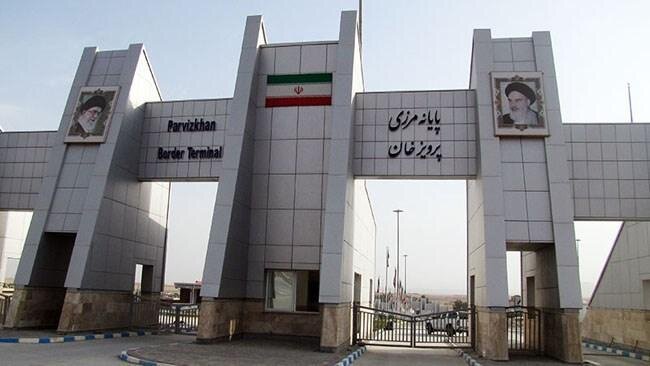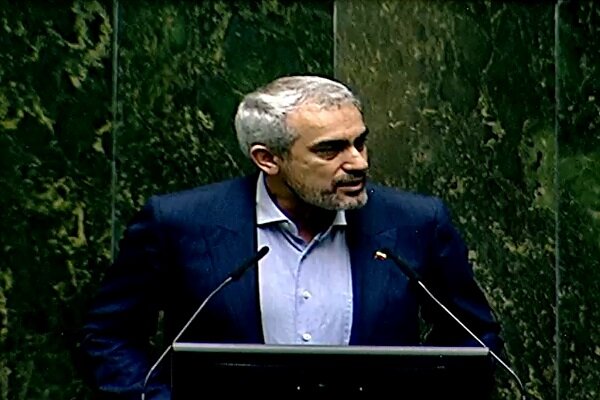It may get harder to secure US green card if you come from a travel ban-listed country
It may get harder to secure US green card if you come from a travel ban-listed country

The Trump administration is now eyeing a policy that would make it more difficult for immigrants to obtain US permanent residency if they come from countries listed under the travel ban introduced earlier this year.
Green cards, asylum approvals and higher-tier long-term visas could all be affected by the potential policy shift.
The plans were first reported by The New York Times, citing internal documents from the Department of Homeland Security (DHS).
The move appears to be a further bid to reduce immigration rates to the US, given the pattern of crackdowns on undocumented immigrants, visa revocations, and increased application fees introduced since US President Donald Trump took office in January. The new polices have already led to a 17 percent decrease in foreign student enrollment in US universities, the biggest drop in a decade.
The travel ban executive order targets 12 countries: Afghanistan; Burma; Chad; the Republic of the Congo; Equatorial Guinea; Eritrea; Haiti; Iran; Libya; Somalia; Sudan; and Yemen.
Additionally, nationals from Burundi, Cuba, Laos, Sierra Leone, Togo, Turkmenistan, and Venezuela will be partially restricted.
What the administration is reportedly seeking to do is consider these countries of origin as "negative factors" in an immigrant's application, even if they have otherwise been entirely law-abiding and thoroughly vetted candidates.
A former staffer with US Citizenship and Immigration Services (USCIS) under the Biden administration, which operates under DHS, told The New York Times that the plans are a "radical change" and "absurd", because by the time immigrants are applying for the approvals in question through USCIS - rather than at border crossings, including airports - they have already been through a national security screening and have settled in the US.
On Monday, the president of the National Iranian American Council, Jamal Abdi, wrote to DHS urging reconsideration.
"Numerous federal laws prohibit discrimination against protected classes, including national origin. This means that individuals applying for a benefit, including legal permanent residence, cannot be denied on the basis of their national origin," Abdi said.
"Subjecting applicants for an immigration benefit to appropriately tailored review is appropriate. However, considering national origin to be a major negative factor is both unwarranted - as national origin is not tied to any credible security risk - and unlawful as an expression of national origin discrimination," he added.
Trump Travel ban 2.0
Trump's new travel ban went into effect in June to far less mobilisation and criticism than the first time around, in 2017. The ban has not just expanded, it's also on far more solid legal footing, immigration lawyers previously told Middle East Eye.
Those already inside the US are exempt.
For those abroad at the time the ban went into effect, they may enter the country if they are green card holders, preauthorised visa holders, preauthorised refugee claimants, dual citizens where one of the countries is not included in the travel ban, or if they are the immediate family members of a US citizen.
Athletes partaking in the upcoming World Cup or Summer Olympics are also exempt.
Still, increased scrutiny at ports of entry and orders from Secretary of State Marco Rubio could lead to visa revocations by a border agent. The administration has made it clear that no person is entitled to entry into the US, apart from US citizens.
The White House had said the ban, as well as heightened vetting measures, is necessary because of excessive visa overstays, which the Trump administration says is a national security concern because it could lead to "terrorist" activity.
Unlike the 2017 ban, this one is likely to remain in effect in its current form, Hassan M Ahmed, managing attorney at the HMA Law Firm, told MEE.
"It's clear that a lot more thought went into this version of it. It seems that they learned their lessons from the previous iterations," Ahmed said, referring to the persistent challenges they faced in court.
In a precedent-setting decision in late 2017, the US Supreme Court maintained that the president did not violate the First Amendment with his so-called Muslim Ban, and was well within his rights to determine what is in the national security interest.
The court also said there was no anti-Muslim animus in the ban, simply because many other Muslim countries were not targeted.
"I am loath to tell anybody that the United States is closed the way the administration wants to seemingly advertise to the world. I think that where there's a will, there's a way," Ahmed said.
"And frequently, when you're dealing with immigration, the key to success is merely standing up one more time when you're knocked down."











